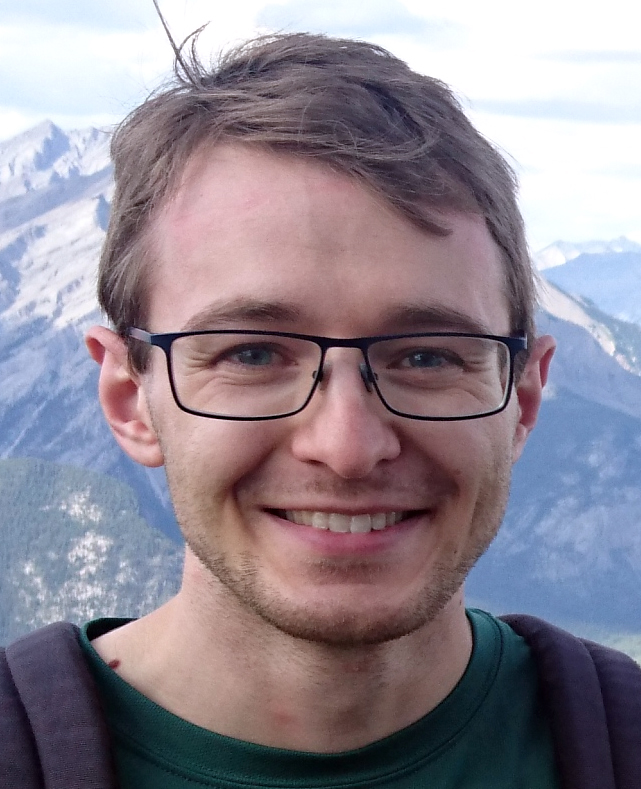Markus Borsch awarded Rackham Predoctoral Fellowship to support research in quantum engineering
Borsch’s research in light-driven quantum electronics is expected to guide next-generation quantum devices

 Enlarge
Enlarge
Markus Borsch, doctoral candidate in electrical and computer engineering (ECE), has been awarded a Rackham Predoctoral Fellowship to support his research in next-generation quantum engineering.
His proposed dissertation title is “Light-driven quantum electronics.” He is advised by Prof. Mackillo Kira.
Borsch’s work is expected to set the foundation for next-generation quantum engineering by developing the underlying theory that enables quantum engineering.
“Quantum information science and technology revolution has already gained enormous momentum,” stated Borsch, “as demonstrated by the recent breakthroughs in quantum computing, communication, and sensing.”
However, Borsch adds, a completely new strategy, called rational quantum engineering, is necessary to further quantum technology innovations because quantum systems are inherently too complex and too counterintuitive to be discovered by trial-and-error.
Borsch’s work in quantum optoelectronics uses light to drive electronic quantum-information processing.
His thesis will present theory alongside computations to precisely guide experiments to realize light-driven quantum electronics with novel quantum materials.
Among his accomplishments to date, Borsch guided the first experimental demonstration to flip a qubit million times faster than in present-day computing. He discovered a novel connection that proved to be the key idea for measuring the band structure of quantum materials, the foundation of quantum devices, with super-resolution precision even at ambient conditions. And finally, he developed a new computational approach to exactly describe electron motion confined to nanoscales.
Borsch presented his research at several conferences including in an invited talk at CLEO, the main conference in his field. His research also culminated in a publication in Science which described a breakthrough in the optical characterization of quantum materials.
Borsch has served as a graduate student instructor for the graduate level course, Applied Quantum Mechanics I. He is also the IT administrator for Kira’s high-performance workstation. He received his bachelor’s and master’s degrees from Philipps-Universität Marburg, Germany.
 MENU
MENU 
